Politics
US envoy Witkoff reaches Russia just before sanctions deadline
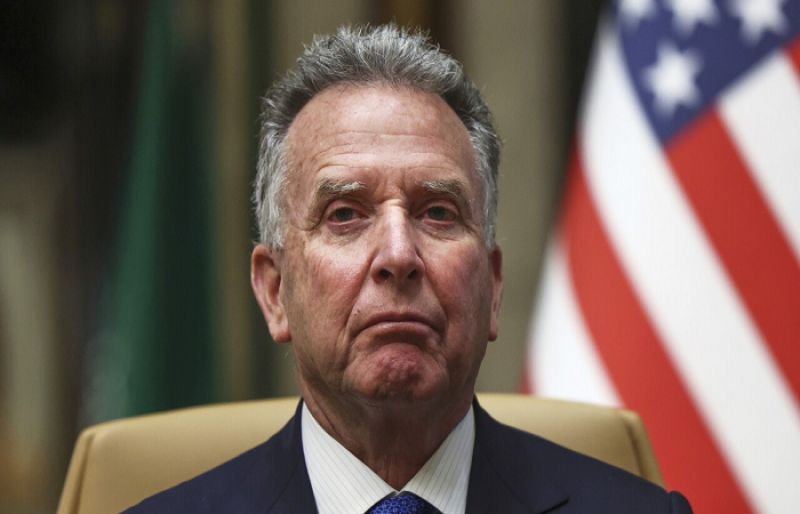

US envoy Steve Witkoff arrived in Moscow on Wednesday, according to state media, for high-level talks with Russian officials as President Donald Trump’s sanctions deadline rapidly approaches. Trump has given Russia until Friday to end its military offensive in Ukraine or face a new wave of sanctions.
While the White House has yet to detail the exact measures it plans to implement, Trump has previously warned of “secondary tariffs” that could target Russia’s key trading partners, including China and India.
Such actions are intended to curtail Russian exports but could lead to major disruptions in global trade.
Speaking on Tuesday, Trump said he would wait for the outcome of the Moscow meetings before deciding on any economic countermeasures.
“We’re going to see what happens,” he told reporters. “We’ll make that determination at that time.”
After arriving in Moscow, Witkoff was met by presidential special representative Kirill Dmitriev, Russian state news agency TASS said.
An American source did not specify if the meetings will include Russian President Vladimir Putin, whom Witkoff has met with several times previously.
Despite pressure from Washington, Russia has continued its campaign against its pro-Western neighbour.
Three rounds of peace talks in Istanbul have failed to make headway on a possible ceasefire, with the two sides appearing as far apart as ever.
Moscow has demanded that Ukraine cede more territory and renounce Western support.
Kyiv is calling for an immediate ceasefire, and Ukrainian President Volodymyr Zelensky last week urged his allies to push for “regime change” in Moscow.
Trump has increasingly voiced frustration with Putin in recent weeks over Russia’s unrelenting offensive.
When reporters asked Trump on Monday what Witkoff’s message would be to Moscow, and if there was anything Russia could do to avoid the sanctions, Trump replied: “Yeah, get a deal where people stop getting killed.”
Kremlin spokesman Dmitry Peskov said Monday it considered the talks with Witkoff to be “important, substantial and helpful” and valued US efforts to end the conflict.
Putin, who has consistently rejected calls for a ceasefire, said Friday that he wants peace but that his demands for ending the nearly three-and-a-half-year offensive were unchanged.
Russia has frequently called on Ukraine to effectively cede control of four regions Moscow claims to have annexed, a demand Kyiv has called unacceptable.
Putin also wants Ukraine to drop its ambitions to join NATO.
The visit comes after Trump said that two nuclear submarines he deployed following an online row with former Russian president Dmitry Medvedev were now “in the region.”
Trump has not said whether he meant nuclear-powered or nuclear-armed submarines.
He also did not elaborate on the exact deployment locations, which are kept secret by the US military.
Russia, in its first comments on the deployment, urged “caution” Monday.
“Russia is very attentive to the topic of nuclear non-proliferation. And we believe that everyone should be very, very cautious with nuclear rhetoric,” the Kremlin’s Peskov said.
Politics
Iran to continue acting in self-defense until enemy’s aggression ends: UN envoy
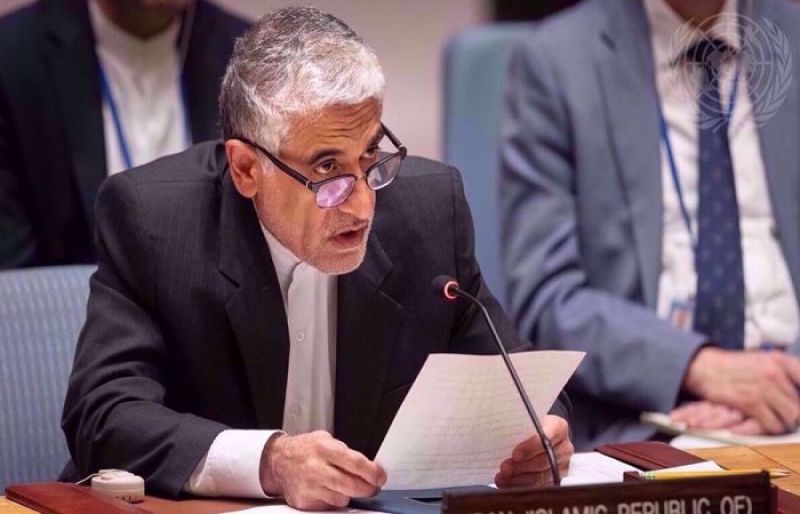

Iran’s permanent ambassador to the United Nations has vehemently denounced the fresh and unprovoked Israeli-American war on the Islamic Republic, asserting that the country will continue to act in self-defense until the end of the unlawful aggression.
Amir-Saeid Iravani made the remarks at a UN Security Council meeting on Sunday regarding the joint strikes that were launched against the country earlier on Saturday.
The nation, he stated, was facing armed aggression and a war against international law, which could not be justified by any excuse.
Referring to Iran’s decisive and ongoing retaliatory strikes, under the codename Operation True Promise 4, the envoy said it serves as a legitimate act of self-defense.
The Islamic Republic would continue to exercise its legitimate right to self-defense until the aggression ends, Iravani told the world body.
The Islamic Revolution Guards Corps (IRGC) has so far launched at least five waves of counterstrikes against numerous Israeli and American targets in response to the aggression.
IRGC has pledged to sustain the counterstrikes until the enemies’ “complete defeat,” while noting that the reprisal exceeds by far the proportions of its previous round of retaliations against Tel Aviv’s and Washington’s imposed war on the nation last June.
Addressing the same meeting, Russia’s UN envoy said Iran had been once again “stabbed in the back,” referring to the country’s coming under fresh aggression, while engaging in indirect talks with the United States aimed at resolving standing issues.
Vasily Nebenzya condemned an attack on a school in Iran that took place as part of the renewed aggression, claiming the lives of more than 100 people, calling it a sign of “unjustified aggression” by the Israeli regime and the United States against a UN member state.
He described the atrocities as “unjustifiable” and a “betrayal of diplomacy.”
Politics
Blast at India explosives factory kills 17
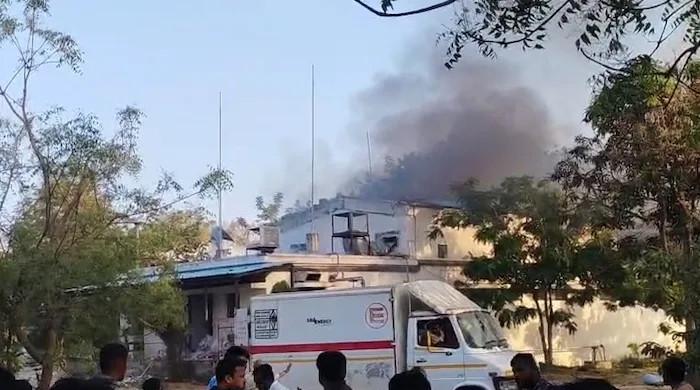

- PM Modi describes accident as “deeply distressing”.
- Maharashtra CM terms it “extremely unfortunate.”
- Industrial accidents are common in India.
A blast at an explosives factory killed at least 17 people and injured 18 others on Sunday, officials in the western Indian state of Maharashtra said.
Prime Minister Narendra Modi said the accident was “deeply distressing” and wished a speedy recovery to the survivors.
Maharashtra state chief minister Devendra Fadnavis called the incident “extremely unfortunate and tragic” in a post on X.
The accident happened in Nagpur, about 800 kilometres (500 miles) from state capital Mumbai.
“Rescue operations have been accelerated, and so far, 17 people have lost their lives,” Fadnavis said, adding 18 others were injured.
An investigation has been ordered into the incident.
On Saturday, 21 people were killed in an explosion at a firecracker factory in the southeastern Indian state of Andhra Pradesh.
Industrial accidents are common in India, often due to disregard for safety requirements and lax enforcement.
Last year, a firework factory explosion in western India killed 21 people.
Politics
Protests erupt in Iran after Khamenei martyred in US-Israel attack
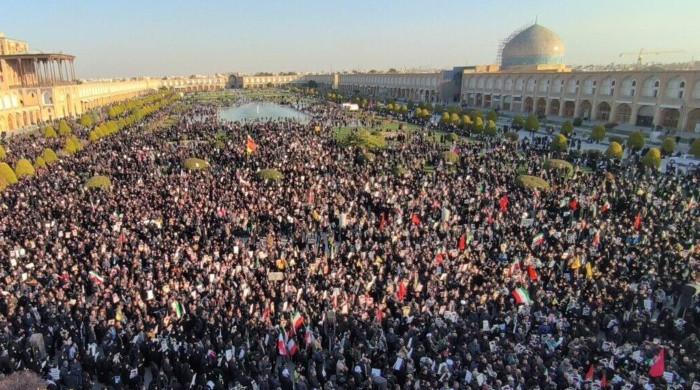
Protests erupted in Iran on Sunday after Iranian state media announced that Supreme Leader Ayatollah Ali Khamenei had been martyred, aged 86, in air strikes by Israel and the United States that Iranian media said pulverised his central Tehran compound.
Khamenei’s 36-year rule built Iran into a powerful anti-US force and extended its military sway across the Middle East, as decades of efforts to resolve the dispute over Iran’s nuclear programme through diplomacy ultimately failed.
Iranian state media confirmed Khamenei had been martyred in Israeli and US strikes. The Fars agency reported that the Iranian government declared 40 days of public mourning and announced seven days of public holidays.
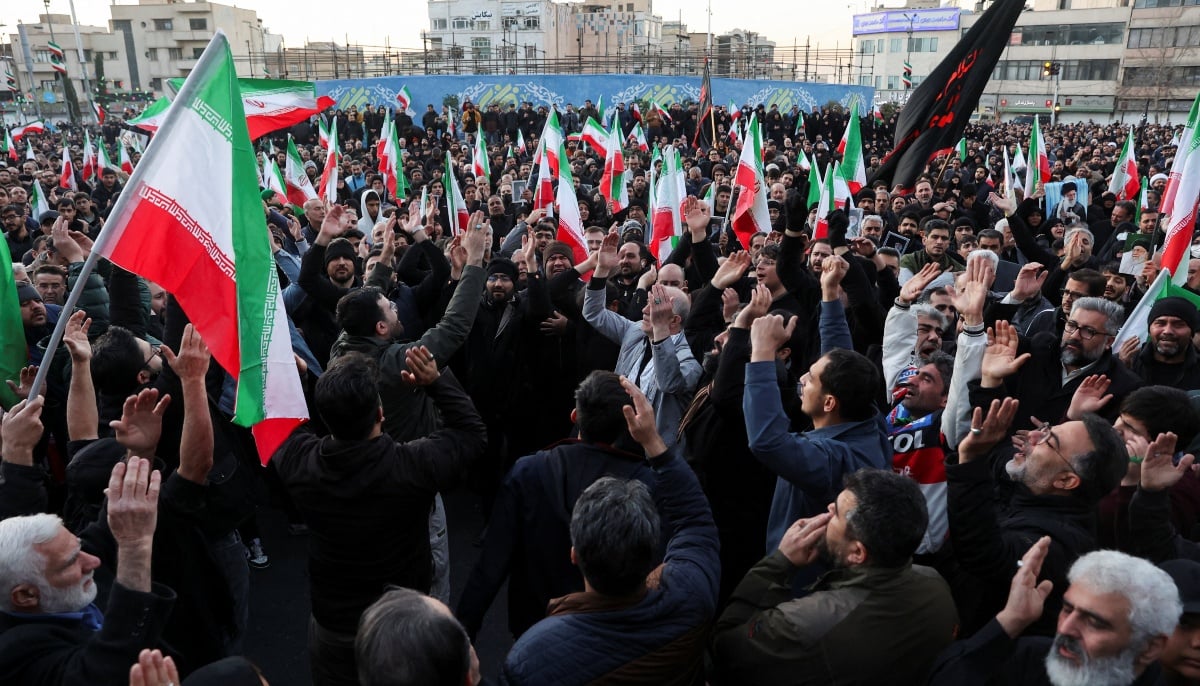
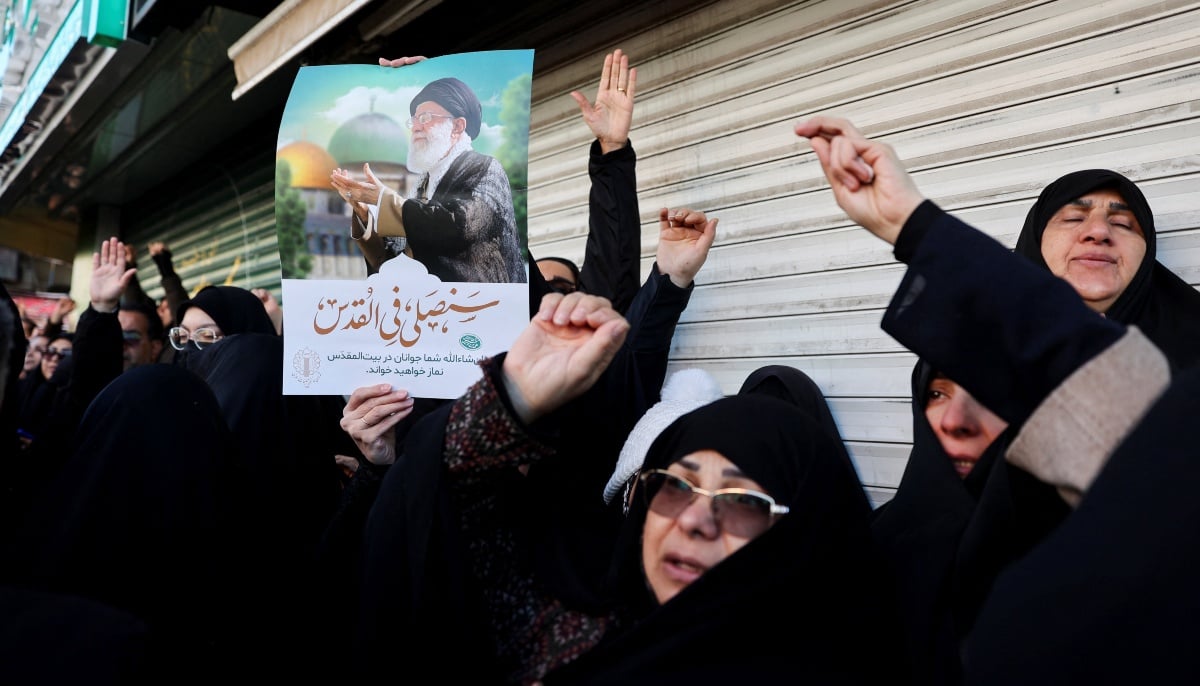
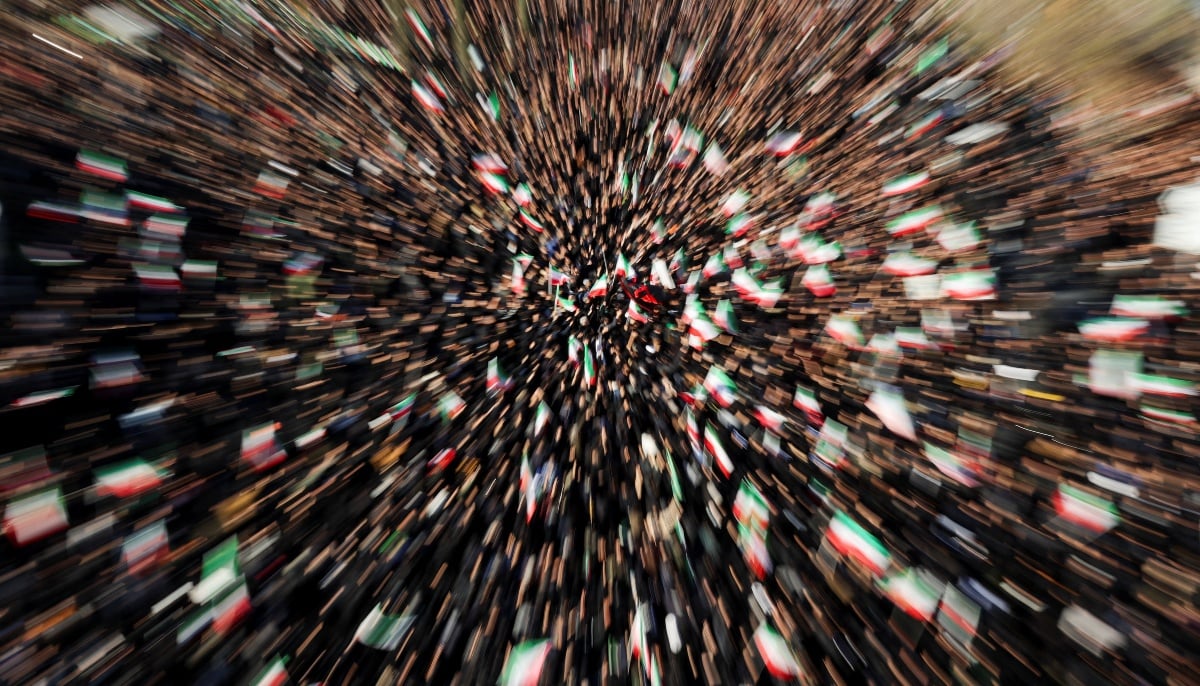
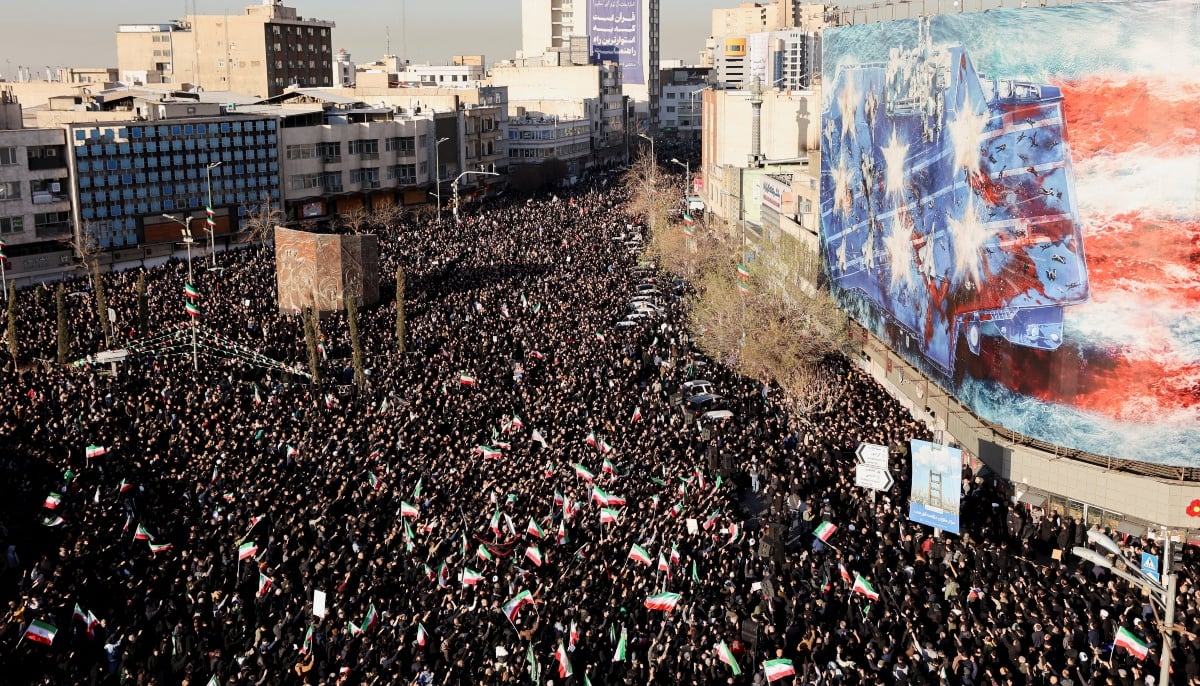
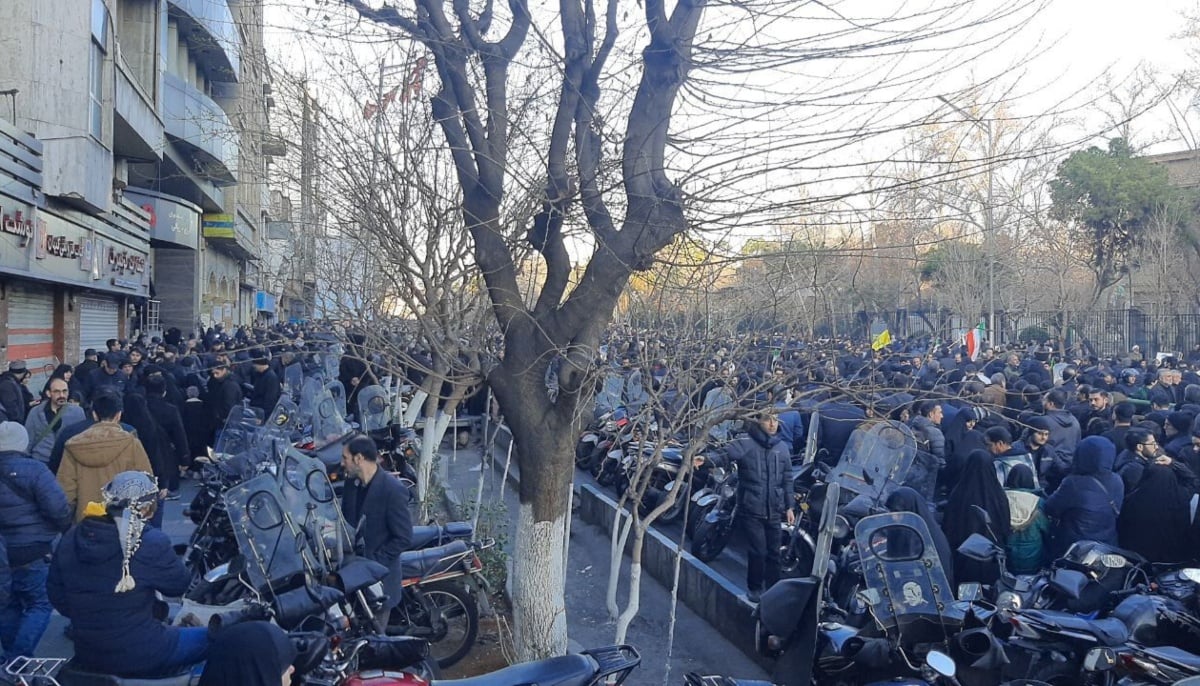
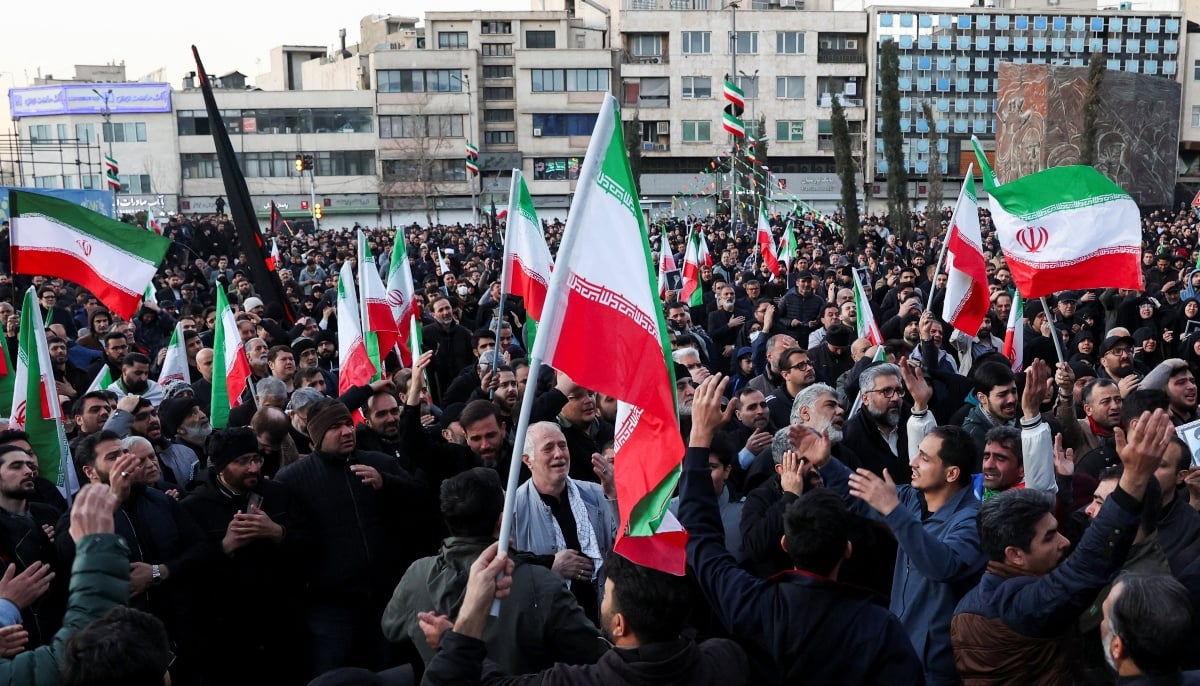
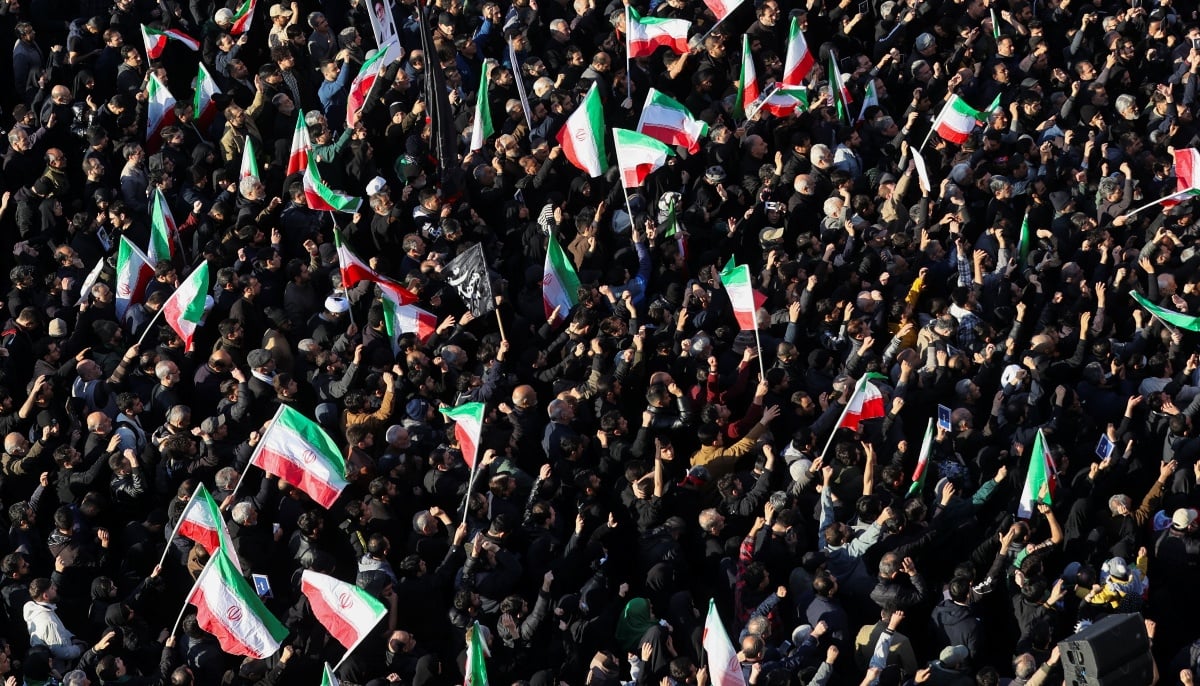
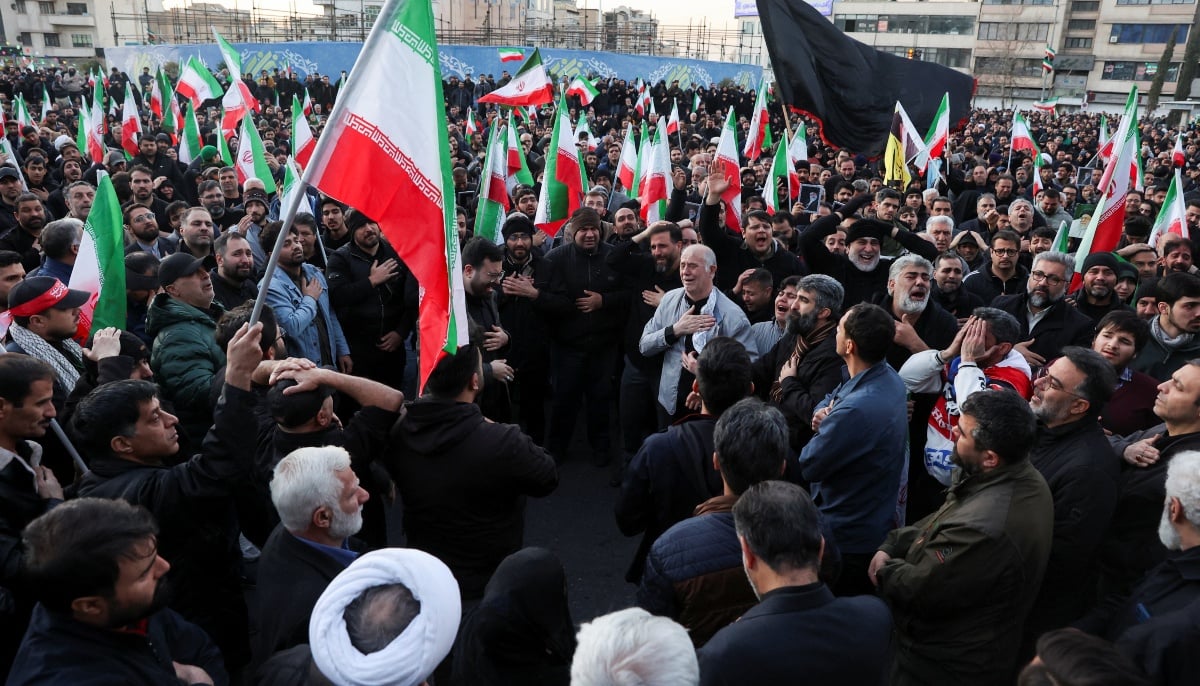
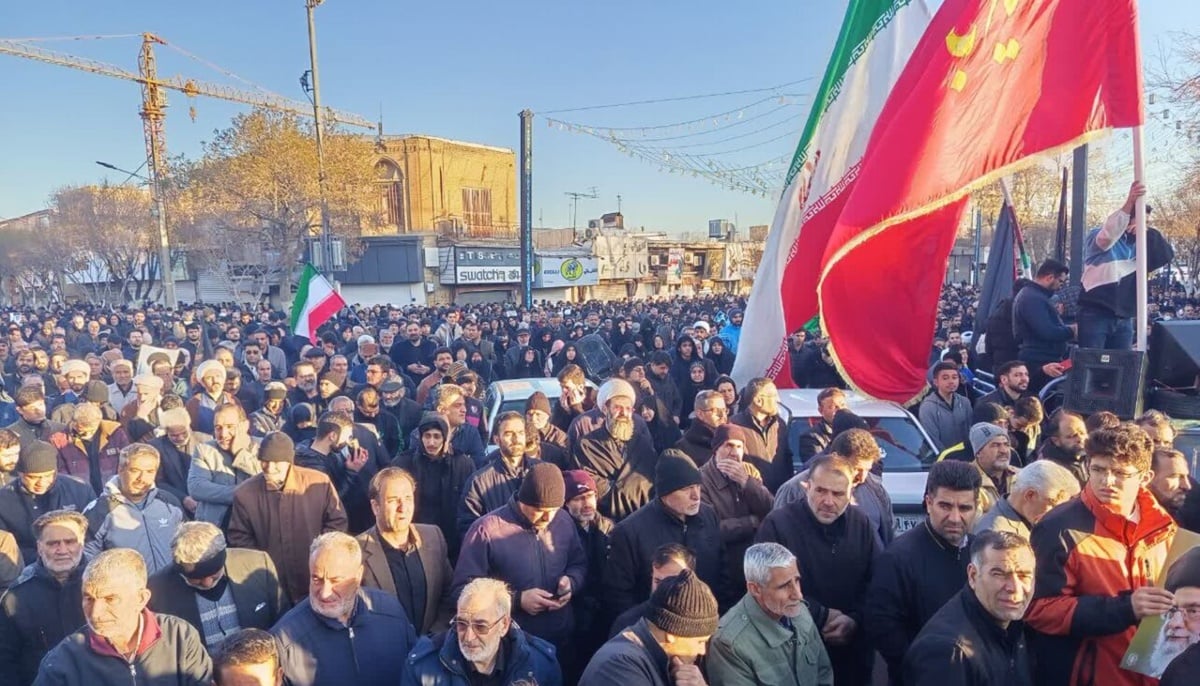
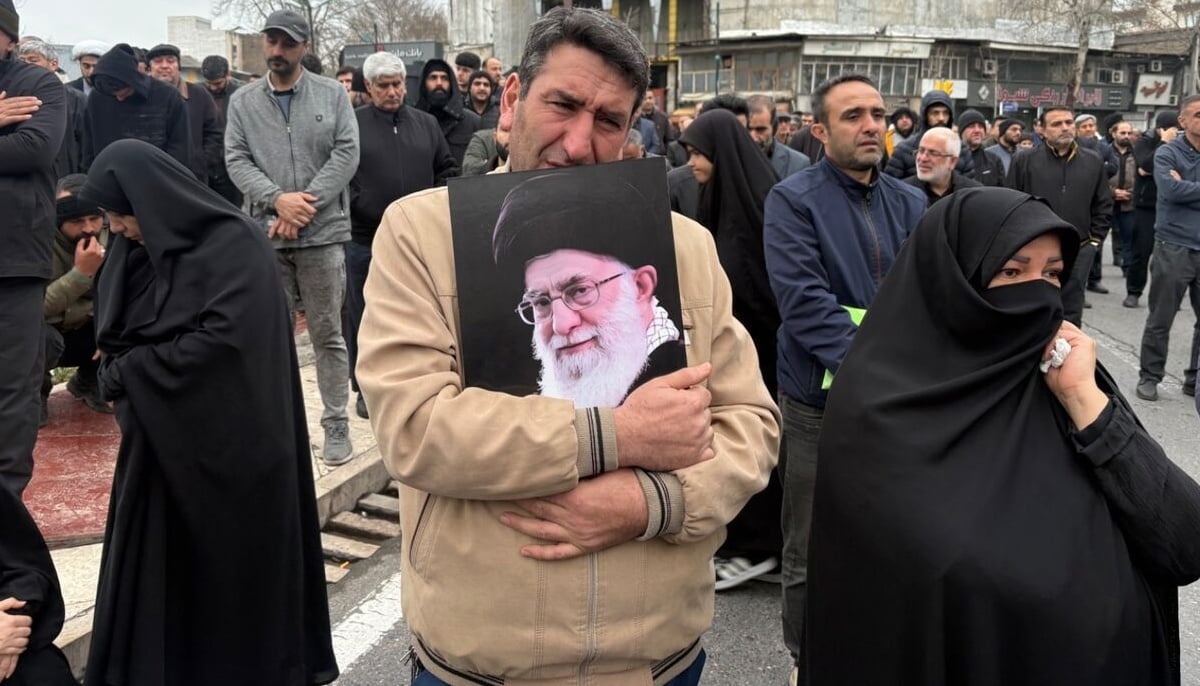
-

 Business1 week ago
Business1 week agoUS Top Court Blocks Trump’s Tariff Orders: Does It Mean Zero Duties For Indian Goods?
-

 Fashion1 week ago
Fashion1 week agoICE cotton ticks higher on crude oil rally
-

 Entertainment1 week ago
Entertainment1 week agoThe White Lotus” creator Mike White reflects on his time on “Survivor
-

 Politics1 week ago
Politics1 week agoPakistan carries out precision strikes on seven militant hideouts in Afghanistan
-

 Business1 week ago
Business1 week agoEye-popping rise in one year: Betting on just gold and silver for long-term wealth creation? Think again! – The Times of India
-

 Sports1 week ago
Sports1 week agoBrett Favre blasts NFL for no longer appealing to ‘true’ fans: ‘There’s been a slight shift’
-

 Sports1 week ago
Sports1 week agoKansas’ Darryn Peterson misses most of 2nd half with cramping
-
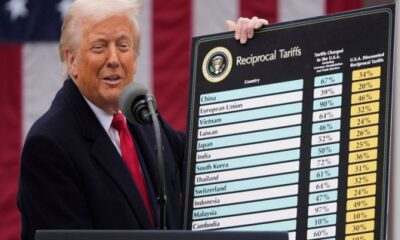
 Politics1 week ago
Politics1 week agoUS Supreme Court strikes down Trump’s trade tariff measures






